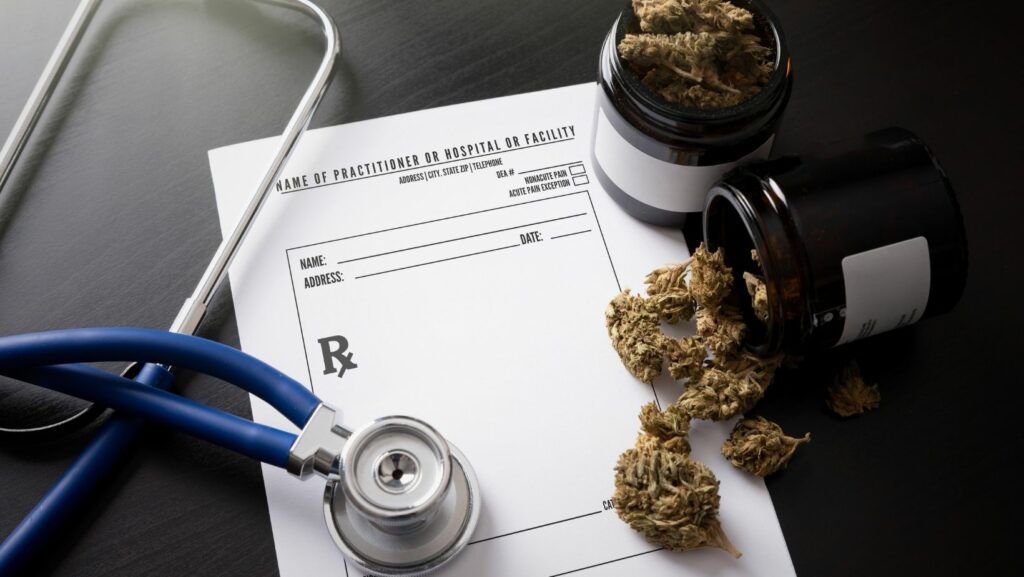In the ever-evolving world of healthcare, one topic that’s been gaining considerable traction is medical cannabis. Particularly in Alabama, the buzz around this therapeutic alternative has reached a fever pitch. This article dives into the latest updates and breakthroughs in Alabama’s medical cannabis sector, providing readers with a comprehensive view of this dynamic landscape.
Remember, understanding the current trends and future potential of medical cannabis in Alabama isn’t just for healthcare professionals or patients. It’s a topic of interest for anyone keen on the evolving dynamics of healthcare, legislation, and societal attitudes.
Alabama Medical Cannabis News

Present trends in Alabama’s medical cannabis scene pinpoint a surge in legislative acceptance. The Alabama Senate’s recent approval of a bill allowing medical marijuana encapsulates this shift. Contributing to the medical landscape, the Alabama Medical Cannabis Commission oversees the governance of the therapeutic cannabis sphere, imposing rules aligned with patient safety and welfare. Optimal utilization of medical cannabis hinges on complying with such institutional regulations, benefiting thousands across Alabama combating various health issues.
Numbers bolster the narrative, with over 200,000 Alabamians potentially eligible for medical cannabis prescriptions, according to credible estimates. Meanwhile, revenue projections from medical cannabis sales estimate a whopping $800 million by 2024. However, these figures rely on meeting regulatory standards, sustaining patient demand, and navigating future legislative changes in Alabama.
Key Provisions of the Alabama Medical Cannabis Law
Implemented in 2021, Alabama’s medical cannabis legislation contains a framework that prioritizes patient safety and mitigates potential abuse prospects. Only qualifying medical conditions, some 15 in total, including cancer, depression, epilepsy, and terminal conditions, offer Alabamians an avenue for cannabis prescriptions. The law stipulates that patients can possess up to 70 daily doses of cannabis, though smoked or vaped forms remain prohibited, making tinctures, oils, and other forms the medical cannabis of choice.

The Alabama Medical Cannabis Commission’s establishment was another significant provision. Charged with regulating the industry, it oversees all cultivators, processors, transporters, and dispensaries, continually striving to maintain high industry standards and patient safety. Further, rigorous testing measures for all cannabis products and strict licensing guidelines provide additional oversight, fortifying Alabama’s commitment to a secure and effective medical cannabis industry.
Impacts of Medical Cannabis in Alabama
Medical cannabis, since its inception in Alabama, brought significant changes in the healthcare landscape. For treating certain medical conditions, it’s emerged as a solace, providing patients an alternative to conventional treatments. Data from the Alabama Medical Cannabis Commission reflect the noticeable rise in prescriptions, indicating its growing acceptance by practitioners and patients alike. Accessibility and economic implications make it an interesting field for investors, lending a boost to Alabama’s economy. However, it’s not without challenges; the prohibition of smoked or vaped forms curtails options for consumption. Regulations also entail annual reassessment of patients, pushing the need for continual monitoring. Yet, the benefits seem to weigh higher for the stakeholders involved: patients get a viable treatment option, physicians get to expand their treatment arsenal, and investors see a promising venture.
Current Challenges and Opposition

Alabama’s medical cannabis landscape is evolving. It’s a testament to the state’s commitment to patient welfare and the potential of this alternative treatment. The Alabama Medical Cannabis Commission’s regulatory role is crucial in this context, ensuring that the industry operates within strict guidelines, from cultivation to dispensing. However, challenges persist. Limited consumption options and the need for annual patient reassessment can be hurdles. Yet, the substantial benefits for patients, physicians, and investors can’t be overlooked. The rise in prescriptions indicates acceptance, and the economic implications are attracting investors. It’s clear that medical cannabis in Alabama is reshaping both health and economic landscapes. As the state navigates this new realm, understanding the provisions becomes essential for all involved. Despite opposition and challenges, the state’s commitment to a secure and effective medical cannabis industry is unwavering. It’s an exciting time for Alabama’s healthcare sector, as it embraces the potential of medical cannabis.
